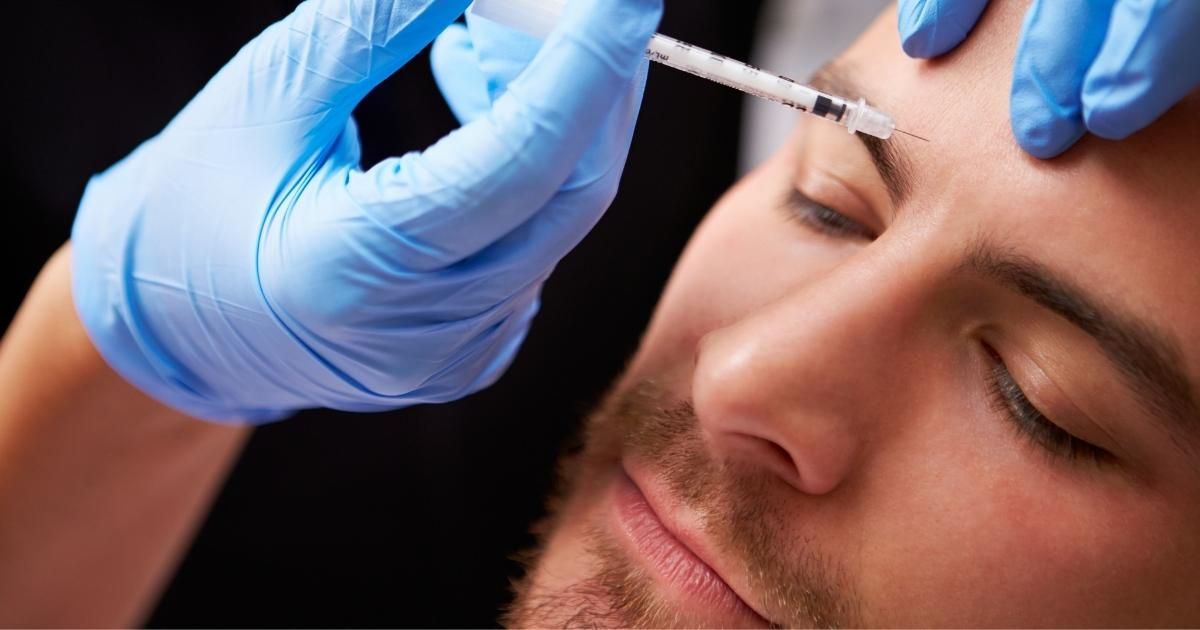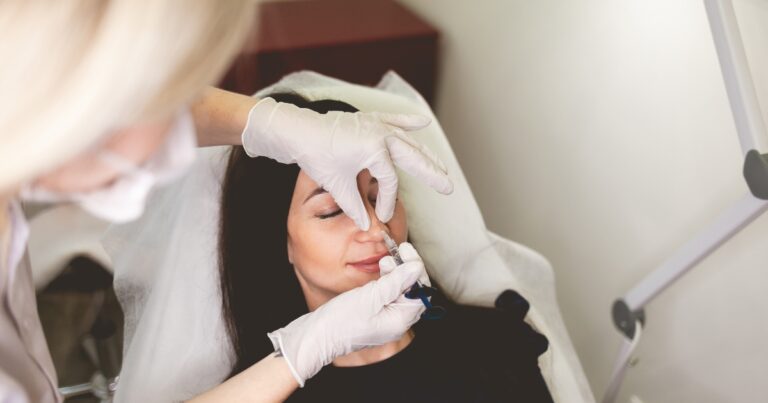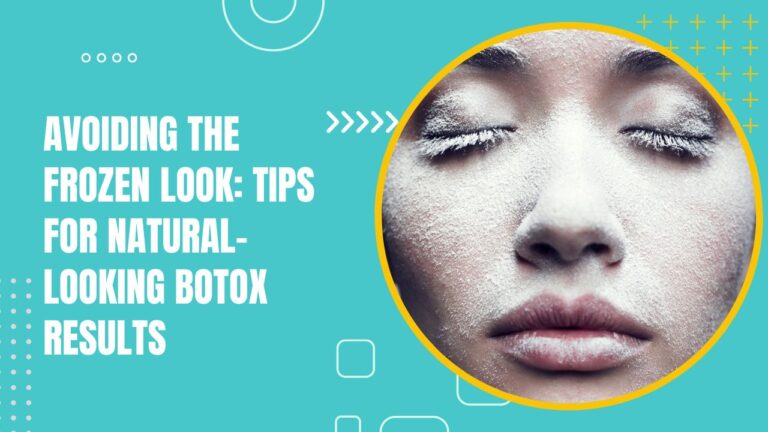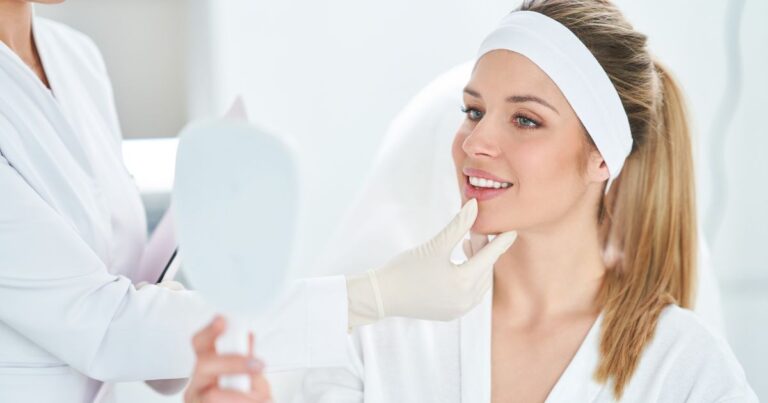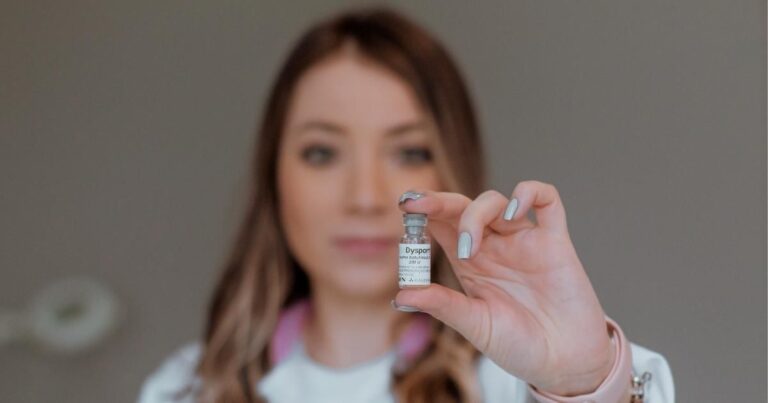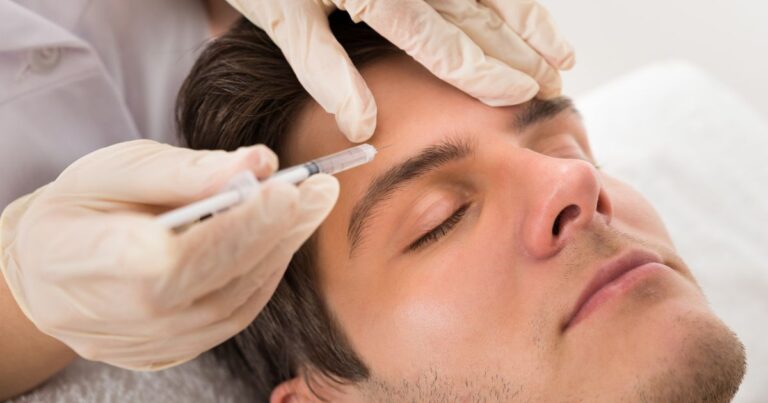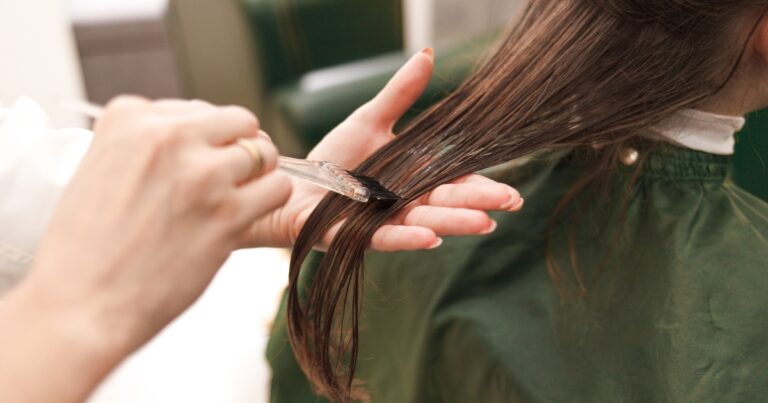Botox has gained immense popularity as a cosmetic treatment for reducing the appearance of wrinkles and fine lines. However, alcohol serves many social and recreational functions besides its consumption.
It is essential to understand the potential interactions and effects when Botox and alcohol are combined. This article will explore the relationship between Botox and alcohol and sheds light on how they influence each other and your health.
Botox and Alcohol: A Complex Interaction
The combination of Botox and alcohol can have a complex interaction, potentially affecting the treatment’s results, healing process, and overall effectiveness. Understanding the potential risks and precautions is crucial for those considering or undergoing Botox procedures.
Can alcohol affect Botox results?
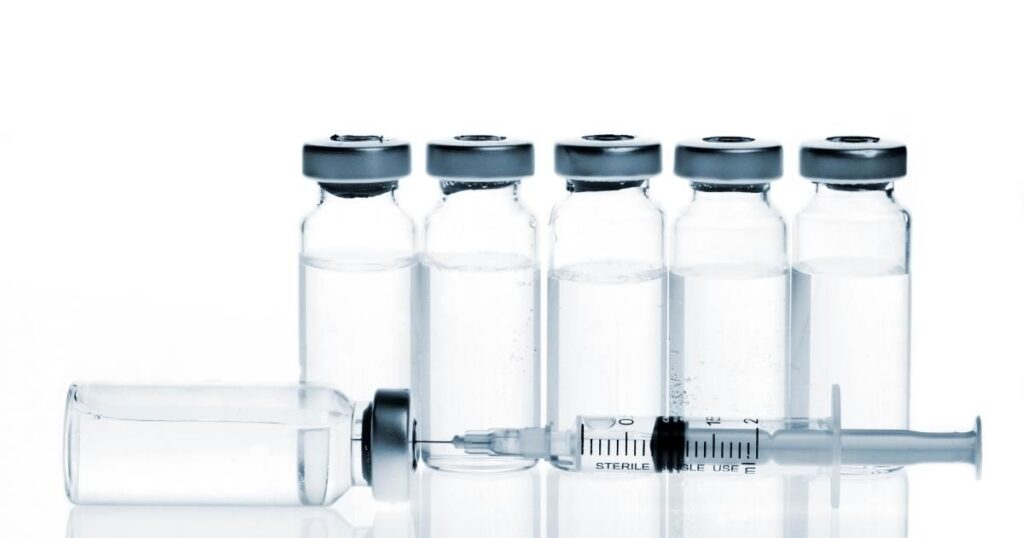
When Botox is injected into the muscles, it works by temporarily paralysing them, reducing the appearance of wrinkles. Alcohol consumption, especially in large amounts, can dilate blood vessels and increase blood flow. This increased blood flow may cause Botox to disperse more quickly, resulting in a shorter duration of its effects. To maintain optimal results, it is advisable to moderate alcohol intake following Botox treatment.
Book A Consultation With Dr Tarek Bayazid
Top-rated Plastic Surgeon For Botox in Dubai
Installment Plan Available
Does alcohol impact the healing process after Botox?
Alcohol is known to have dehydrating effects on the body. After receiving Botox injections, it is crucial to stay properly hydrated to support the healing process. Excessive alcohol consumption can deplete hydration levels and hinder the recovery of the treated area. Therefore, it is advisable to limit alcohol intake and increase water consumption to promote healing.
Are there increased risks or side effects from combining Botox and alcohol?
While no direct evidence suggests severe risks from combining Botox and alcohol, it is essential to consider potential side effects. Alcohol can thin the blood and increase the likelihood of bruising or bleeding at the injection site. Additionally, alcohol’s impact on blood vessels may contribute to facial redness or flushing, which can be mistaken for adverse reactions to Botox. It is advisable to consult with a medical professional and follow their guidance regarding alcohol consumption after Botox treatments.
| Potential Side Effect | Explanation |
| Increased Risk of Bruising | Alcohol can thin the blood, making you more likely to bruise at the injection site. |
| Facial Redness or Flushing | Alcohol can dilate blood vessels, contributing to facial redness or flushing. This can be mistaken for an adverse reaction to Botox. |
| Dizziness or Drowsiness | Both Botox and alcohol can cause dizziness or drowsiness. If you drink alcohol after getting Botox, these side effects may be more pronounced. |
| Dry Skin | Alcohol can dehydrate the skin, which can make the skin more prone to dryness. This can be a side effect of Botox, but it may be more pronounced if you drink alcohol after getting Botox. |
How long should you wait after Botox to consume alcohol?
The timeframe for abstaining from alcohol after Botox can vary. After a procedure, avoiding alcohol is recommended for between 24 and 48 hours. This allows Botox to settle and minimises the risk of any potential interactions between alcohol and the treatment. Following the specific instructions provided by your healthcare provider is crucial since individual factors may influence the recommended waiting period.
Can alcohol increase Botox side effects?
While alcohol does not directly intensify Botox side effects, it may indirectly contribute to specific symptoms. Alcohol can lead to dehydration, potentially amplifying post-botox side effects such as headaches or muscle weakness. It is advisable to prioritise hydration and avoid excessive alcohol consumption to minimise discomfort during recovery.
Is it safe to drink alcohol before getting Botox?
Drinking alcohol before receiving Botox injections is generally discouraged. Alcohol can thin the blood, increase the risk of bruising, and affect the injection process. 24 hours before your Botox appointment is recommended for the best possible outcome and minimised complications.
How does alcohol affect the metabolism of Botox?
Alcohol can potentially interfere with the metabolism of Botox in the body. It may affect the liver’s ability to break down and eliminate toxins, including Botox. This can lead to a prolonged presence of Botox in the system, potentially resulting in unintended effects. Moderating alcohol intake can help maintain the natural breakdown and elimination process.
Can alcohol consumption affect the effectiveness of Botox over time?
While alcohol consumption does not directly impact the effectiveness of Botox in the long term, its effects on overall health can indirectly influence the treatment’s longevity. Unhealthy lifestyle habits, including excessive alcohol intake, can contribute to accelerated ageing, making the effects of Botox less noticeable or shorter-lasting over time. A holistic approach to skincare and a balanced lifestyle are essential to achieving optimal results.
How does alcohol impact the skin’s appearance?
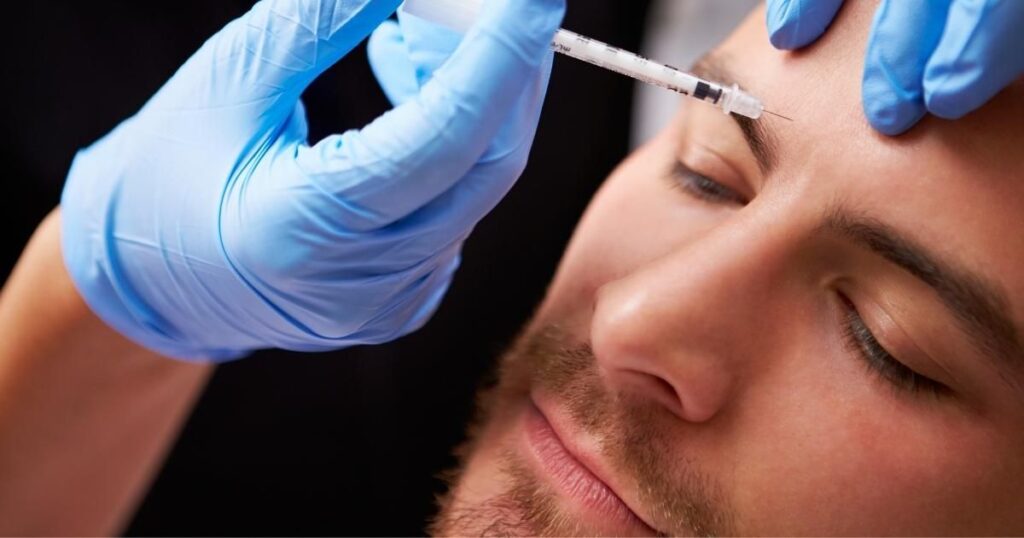
Various concerns can be associated with drinking alcohol, including dehydration, inflammation, and increased sebum production. These factors can exacerbate the appearance of wrinkles and fine lines, which are the primary targets of Botox treatments. Reducing alcohol consumption and practising a healthy skincare routine can help maintain the benefits of Botox and promote overall skin health.
What precautions should be taken when combining Botox and alcohol?
To ensure the best possible outcome and minimise potential risks, consider the following precautions when combining Botox and alcohol:
- Follow your healthcare provider’s instructions regarding alcohol consumption before and after Botox treatments.
- Limit alcohol intake to moderate levels to avoid potential interactions and side effects.
- Stay properly hydrated by drinking plenty of water, especially after receiving Botox injections.
- Be aware of alcohol’s impact on blood vessels and the potential for increased bruising or flushing.
- Exercise regularly, eat a healthy diet, and practice proper skincare.
Combining Botox and alcohol requires careful consideration to ensure optimal results and minimise potential risks. Alcohol consumption can impact the effectiveness, healing process, and overall well-being after Botox treatments. Following your healthcare provider’s instructions, abstaining from alcohol before and after the procedure, and maintaining a healthy lifestyle will help you maintain Botox’s benefits.
Understanding how Botox and alcohol interact can help you make informed decisions and achieve desired outcomes while prioritising your overall health and wellness. Explore transformative beauty solutions with the expertise of our skilled Plastic Surgeon in Dubai.
If you have further queries about the impact of alcohol on your Botox treatment or want to explore your aesthetic options, don’t hesitate to seek expert advice. At Dr Tarek Bayazid, we’re here to provide guidance tailored to your individual needs and concerns. Don’t leave your questions unanswered – book a consultation today and let us help you on your journey to aesthetic wellness.
